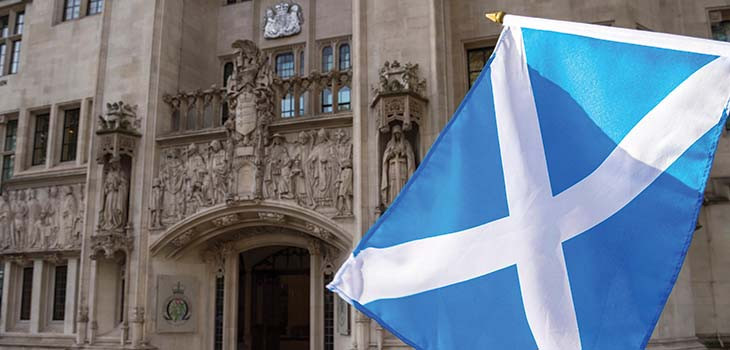
- Much of the Supreme Court’s ruling that a second Scottish independence referendum cannot proceed without permission from the UK Parliament focused on whether or not the question could be brought by the Lord Advocate at all.
- Its finding suggesting that self-determination in the sense of secession does not apply to Scotland, as it does not suffer from repression, exclusion or colonial rule, may need further elaboration and readjustment.
The Supreme Court has spoken. According to its ruling in the reference brought by the Lord Advocate of Scotland ([2022] UKSC 31), the Scottish Parliament lacks the authority to pass a Bill for holding a referendum on possible independence. The reason is that the Scotland Act 1998, which establishes the devolved powers for the Scottish institutions, reserves certain matters for the UK Parliament in Westminster. This includes the independence referendum proposed by the Scottish First Minister (at para [92]).
In








